
Stress can manifest itself in a variety of ways, and it frequently occurs at inopportune moments. It’s challenging to exercise self-care when you’re feeling swamped at work or going through a rough patch in your career.
There are, however, a few things you may do at work to minimize stress and encourage relaxation. Breathing exercises are one such method: they don’t require any special equipment or even the need to get up from your desk.
Reduces Tension

Consider how you feel in your body, whether you’re tense, furious, terrified, or anxious. It tightens. Your muscles tense up, and your breathing shallows. When you breathe shallowly, your body does not get the amount of oxygen it requires. Correctly breathing allows more oxygen to enter your body, which helps to relieve muscle tension.
Check this website for the best breathing technique that can help in stress management.
Brings Mind Clarity

Excessive anxiety can be reduced by increasing brain oxygenation. Pay attention to your breathing; take calm, deep breaths into your body with intention. Please take note of any tight spots and breathe into them. You may notice that as you relax your body, your breathing gives clarity and pleasant thoughts.
Massages Your Organs

The motions of the diaphragm massage the stomach, small intestine, liver, and pancreas, ensuring proper breathing. The diaphragm’s upward movement also massages the heart.
Your diaphragm descends, and your abdomen expands as you breathe air. You massage vital organs and enhance circulation in them by doing so. Abdominal muscles are also strengthened and toned by controlled breathing.
Relieves Emotional Stress
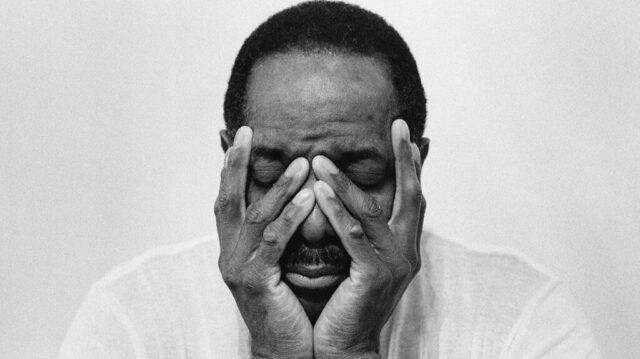
Proper breathing will assist you in releasing unpleasant feelings from your body. It takes your mind away from bothersome and harmful ideas. When you breathe properly, your body sends messages to your brain telling it to relax, which helps ease stress, anxiety, depression, and other negative feelings.
Reduces Depression

Low levels of some chemicals, such as serotonin and norepinephrine, are one of the leading causes of depression. The levels of these hormones can be improved by increasing the amount of oxygen in the brain through proper breathing. As a result, it aids in the reduction of depression symptoms.
Reduces Anxiety

When we are confronted with an anxiety-provoking circumstance, we lose our ability to think clearly. In such conditions, paying attention to our breathing and practicing proper breathing exercises will ensure that the brain receives the necessary amount of oxygen to work at its best. This, in turn, offers the brain the clarity it needs to think clearly.
Makes Your Heart Strong
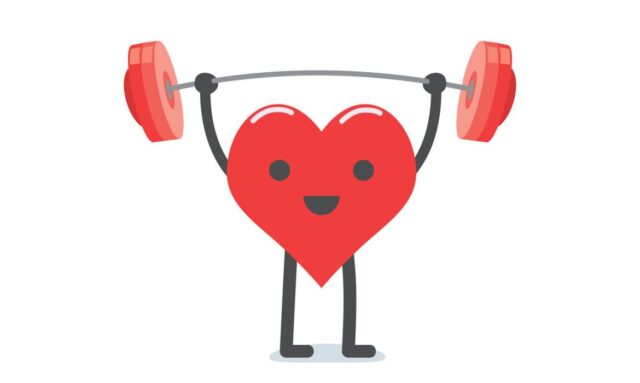
The workload on the heart is reduced in two ways via breathing exercises. Regular breathing leads to more efficient lungs, which means that more oxygen is brought into contact with the blood delivered to your lungs by your heart. As a result, the heart isn’t working as hard to transport oxygen to the tissues.
Second, proper breathing causes a higher pressure differential in the lungs, increasing blood circulation and allowing your heart to rest a little.
Enhances Cognitive Abilities
Proper breathing allows the brain and nerve cells to be adequately oxygenated, which promotes cognition. It helps you think more clearly and has a better overall mental process.
Detoxifies The Body

70% of your body’s toxins (harmful, undesirable compounds) are released during breathing. If you’re not breathing correctly, you’re not correctly purging your body of pollutants, which forces other body systems to work extra to release the toxins, perhaps leading to illness.
When you exhale, you are releasing carbon dioxide that has traveled from your circulation to your lungs. The waste product of your body’s metabolism is carbon dioxide (and other chemical processes that go on continuously inside your body to keep you alive).
Alleviates Pain

When you’re anticipating pain, how does your breathing change? Most likely, you’re holding your breath. Despite this, research shows that breathing into your pain can help you feel better.
It’s important to remember that stiff muscles put more pressure on your nerves, which might exacerbate the discomfort. Breaking the cycle with breathing exercises is an excellent way to start. Relax your body and relieve tension around the pain region by practicing conscious or proper breathing.
Encourages Full Oxygen Exchange
Proper breathing allows for a beneficial exchange of entering oxygen for exiting carbon dioxide. It permits your lungs to adequately release the carbon dioxide that has accumulated in your bloodstream. In addition, organs receive the right amount of oxygen for maximum performance. As a result of these advantages, the heartbeat is controlled, and blood pressure is maintained.
Helps You Be Mindful
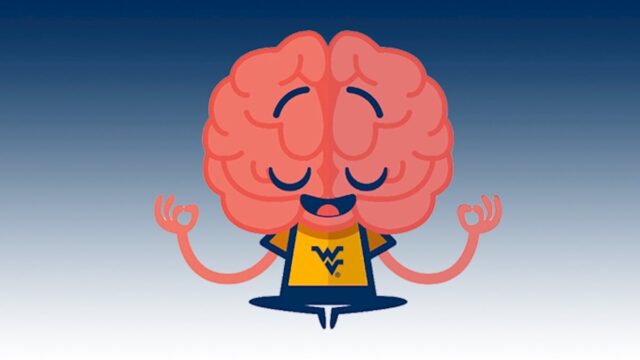
Being attentive simply refers to our ability to stay in the current moment rather than ruminating on the future or the past. Proper breathing is one such activity that might help you be more attentive since it allows you to feel anchored in your current circumstances.
Improves Memory
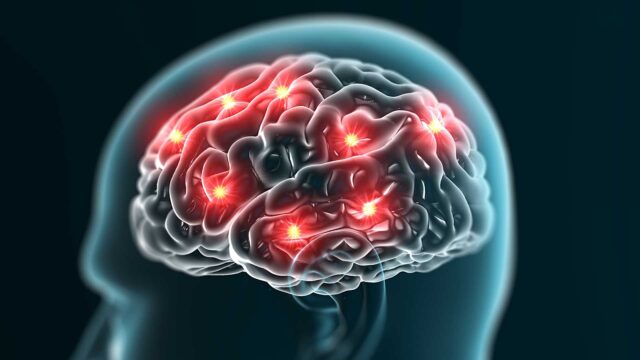
The hippocampus is the brain’s memory center. It is in charge of our short-term memory and converts it to long-term memory. When the hippocampus is oxygenated, we can remember things more clearly, which helps us recall things better.
Helps You Sleep Better

Better sleep comes from proper breathing exercises that include complete exhalation of the air out. Breathing cleanses the body and sends forth signals to relax. Even insomniacs might benefit from appropriate breathing exercises before bed.
Calms The Nervous System
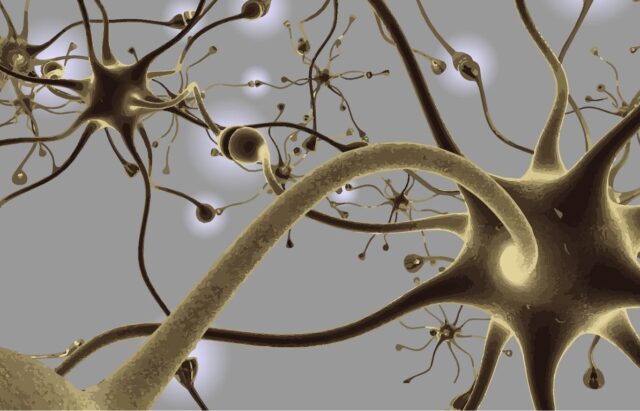
The parasympathetic nervous system is activated when you breathe deeply and slowly, and it reverses the stress response in your body. Proper breathing stimulates the vagus nerve, the main nerve of the parasympathetic nervous system, which slows your heart rate, lowers your blood pressure, and relaxes your body and mind.
Conclusion

To conclude:
- Schedule your proper breathing techniques and exercises in the same way you would crucial business meetings.
- Set aside at least two ten-minute chunks each day, though you can start with two five-minute segments if you like.
- Make correct breathing a daily habit to live a healthier, longer, and more vibrant life.












